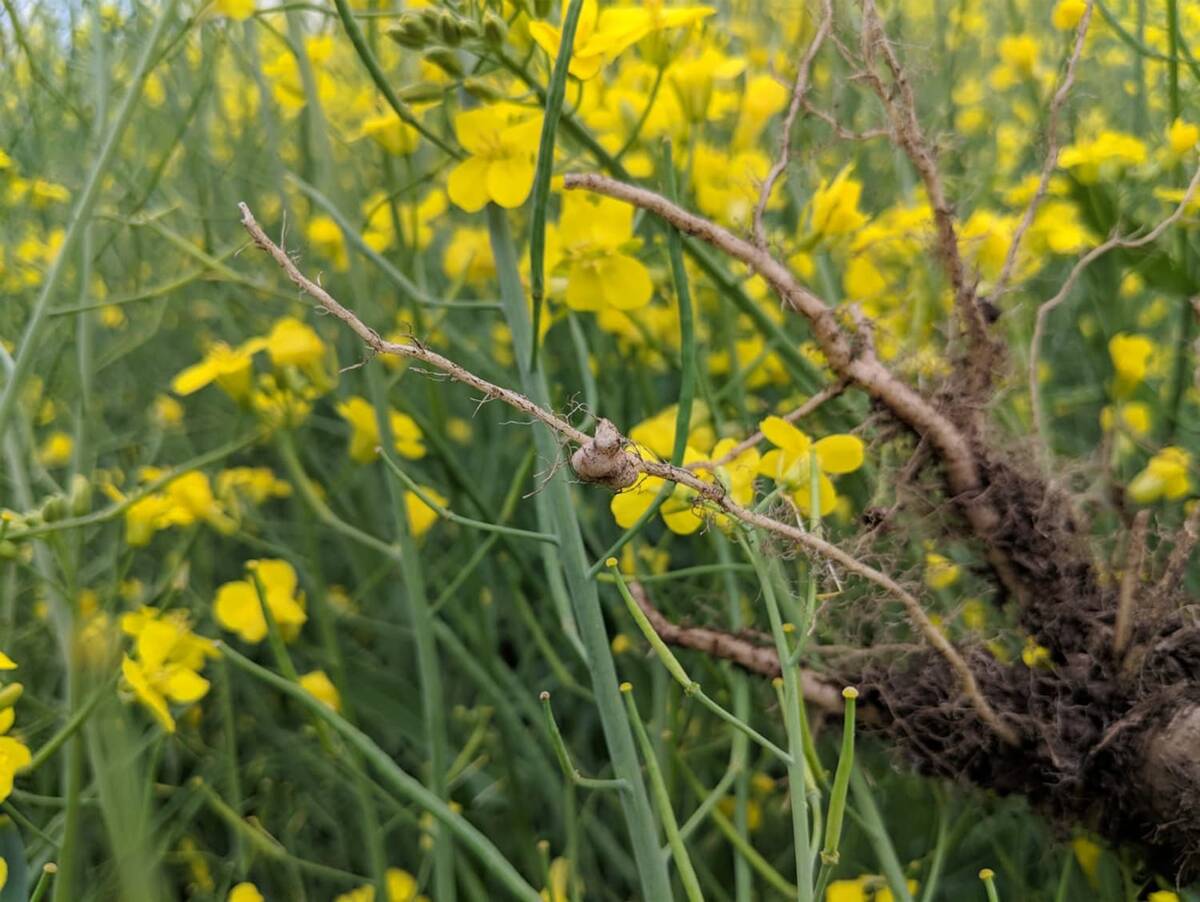In late 2005, worried executives from Canada’s canola industry flew to Ottawa to discuss a potential crisis.
Traces of an unregistered genetically modified variety not approved for use in Japan had been discovered in Canada’s canola stocks. There were fears Japan could close the door to Canada’s most lucrative foreign market, worth billions of dollars annually.
“Canada’s exports of canola to Japan may be impacted by the possible presence of a canola variety that is not approved for environmental release, feed or food use in Japan,” said a briefing note prepared for officials from the Canadian Food Inspection Agency before they met with leaders from the Canola Council of Canada.
Read Also

Going beyond “Resistant” on crop seed labels
Variety resistance is getting more specific on crop disease pathogens, but that information must be conveyed in a way that actually helps producers make rotation decisions.
It was obtained by Ottawa researcher Ken Rubin under access-to-information laws.
Soon after the meeting, CFIA plant biosafety office director Stephen Yarrow flew to Tokyo to assure Japanese officials Canada was doing what it could to deal with the issue.
As it turned out, the unapproved Hysyn 101RR was never found in shipments for Japan and the border remained open.
“In the end it had zero impact because it was not found but it certainly was a potential,” Yarrow said in a Jan. 26 interview. “We had to work very closely with the Japanese government to reassure them.”
While the industry dodged the bullet that time, the threat of trade disruptions caused by GMOs continues.
It is impossible to guarantee that unregistered or genetically modified varieties unacceptable to the importing country have not “contaminated” supposedly non-GMO shipments in trace amounts.
And since many countries, Canada included, have a zero-tolerance policy for presence of unregistered or unapproved material in imports, it always carries the potential to close markets.
It might be called the soft underbelly of Canada’s multibillion-dollar canola exporting business.
“If certain governments out there, ours included, have a zero tolerance policy, it is impossible to meet it,” said Yarrow.
“There is no system out there that can guarantee the content of a shipment 100 percent.”
JoAnne Buth, Canola Council vice-president for crop production and biotechnology, concurs.
“Our system is leaky,” she said in an interview from Winnipeg.
“It is inevitable. It is going to happen and in a zero-tolerance world, that is a risk.”
In response, Canada has been trying to convince major markets such as the United States, Japan, China and India that some flexibility should be built into the zero tolerance policy. If the trace elements of what are called “adventitious presence” events could be analyzed for safety by the importing country, it would give them an alternative to automatic border closings.
But Yarrow said while talks continue with several countries, little concrete progress is being made.
“We definitely are years away from anything,” he said.
In fact, industry players are worried that the momentum is moving the other way. An international protocol on biosafety rules for trade in genetically modified seeds would create new labelling requirements and offer signature governments more tools for blocking imports.
Under the previous Liberal government, Canada signed the protocol but has not yet ratified it.
Yarrow acknowledged that any move that appears to weaken protection against import of unlicensed or unapproved material will be politically risky, since anti-GMO campaigners would seize on it as an example of governments putting the interests of trading companies ahead of consumer safety.
He said CFIA will work with Health Canada to review whether Canada can devise a practical way to modify its zero-tolerance policy.
“Where it has been established there is no significant risk, can we ‘approve’ shipments of things that have those trace levels?” he wondered.
“Right now if you look at our regulations, it is not clear and it has not been the policy to go down that road. We have to see what flexibility we have. But the challenge is that we don’t want to create any loss of confidence in the regulatory system.”
At the canola council, Buth said the “export ready” program has been designed to educate producers about the dangers and potential market impact of growing unregistered varieties.
The 2005 incident occurred because some producers had saved and reseeded a Roundup Ready variety deregistered in 2003.
The variety had never been approved in Japan.
“That of course is a concern to the council and we want growers to understand their responsibility,” she said.
A background document prepared for CFIA said trade is put at risk because farmers sometimes break the law by using unregistered seed often imported from the United States.
















